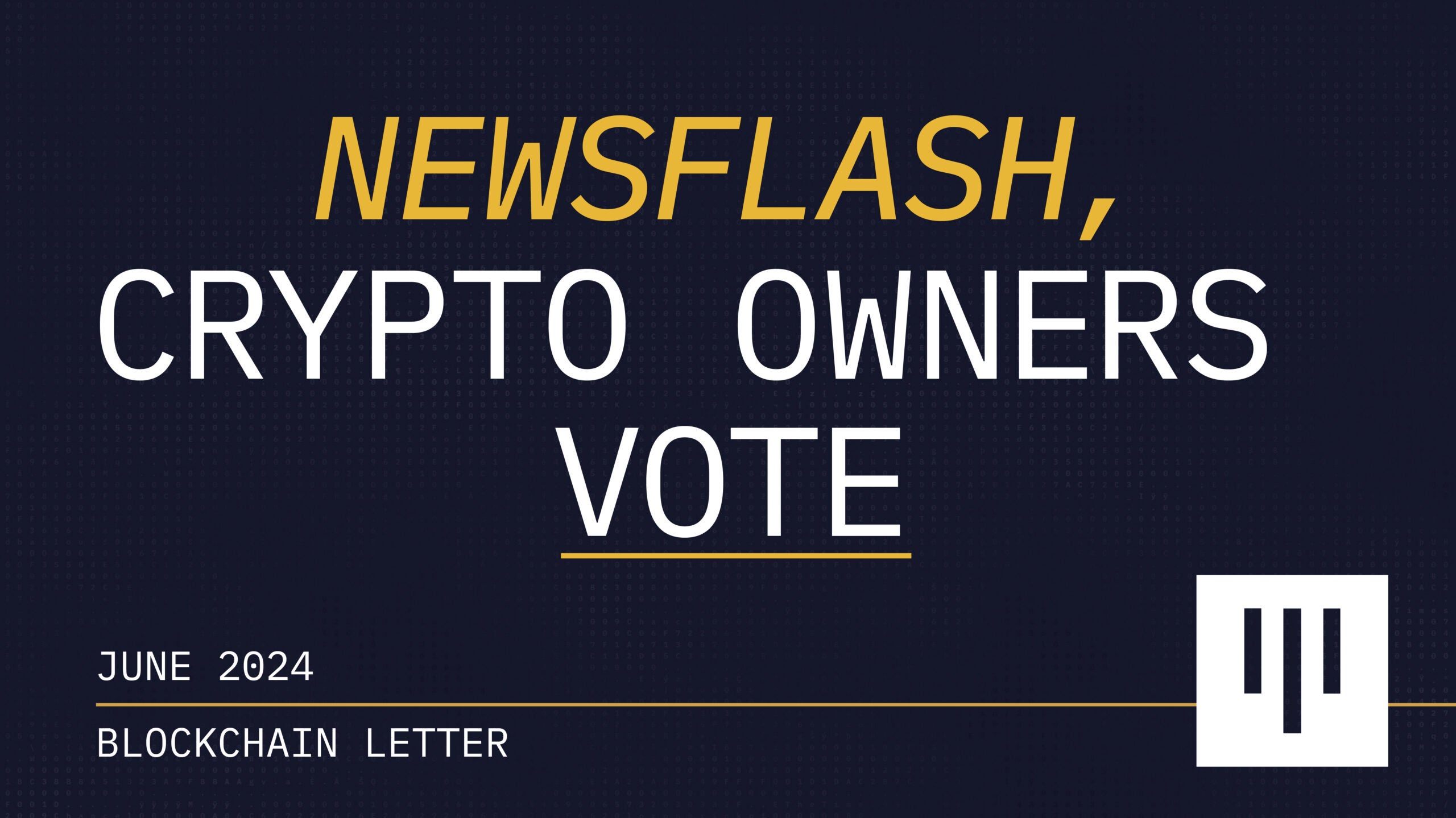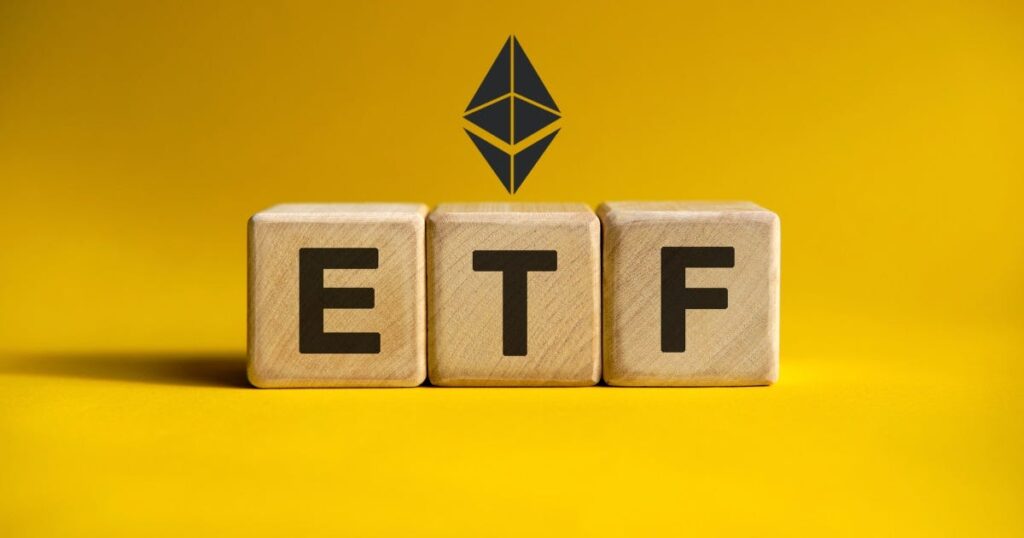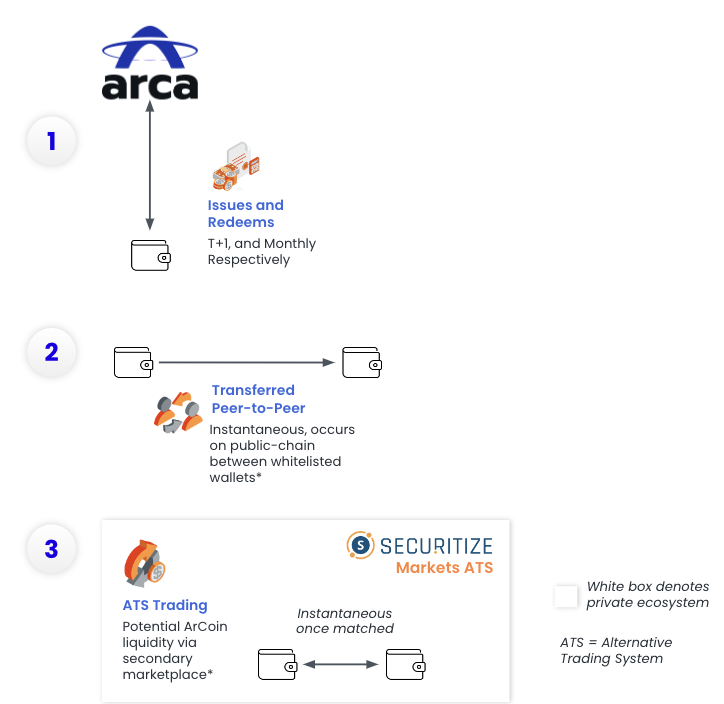Research Summary
The report explores the rise of Solana in the blockchain space, its potential to challenge Ethereum’s dominance, and the impact of political dynamics on the crypto market. It also discusses the SEC’s approval of Ethereum ETFs, the implications of the Financial Innovation and Technology for the 21st Century Act (FIT21), and the intersection of AI and blockchain technology.
Key Takeaways
Solana’s Emergence as a Major Blockchain Player
- Solana’s Growth: Solana is challenging Ethereum’s dominance in the blockchain space, attracting significant developer activity. Its high-performance blockchain enables fast and low-cost transactions, providing a seamless user experience. The growth in user activity on Solana is evident, with unique active addresses increasing from 14k in October 2020 to 1.34 million, and network fees rising from under $100k per month in mid-2023 to over $60 million in March 2024.
- Solana’s Ecosystem: Solana’s ecosystem has seen a surge in new tokens, accounting for 85% of all new tokens on DEXs by May 2024. Phantom, Solana’s leading wallet, has topped the iOS app store rankings in the finance category and became the most downloaded app across all categories in the US app store, signaling mainstream adoption.
Political Dynamics and Crypto Market
- Political Influence: A U.S. presidential candidate’s strong endorsement of blockchain technology could sway single-issue voters who are passionate about cryptocurrency, influencing political dynamics. The SEC’s expedited efforts to approve Ethereum ETFs, shifting from a 6% to a near-certain approval chance within two weeks, reflect a significant policy change and political endorsement impact.
- Regulatory Shifts: The passage of the Financial Innovation and Technology for the 21st Century Act (FIT21) in the House of Representatives indicates the growing political importance of crypto regulation. FIT21 legislation provides a clear pathway for blockchain projects to raise capital and operate in the U.S., defining when digital assets are securities or commodities based on decentralization levels.
Ethereum ETFs Approval
- Market Impact: The SEC’s approval of Ethereum ETFs from eight issuers, including Grayscale and BlackRock, was unexpected, with odds previously at 6% for approval by May 31. Ethereum’s price surged by 25% following indications of the ETFs’ potential approval, and the discount on Grayscale’s Ethereum Trust narrowed significantly, suggesting substantial new investment interest.
- Investor Attraction: The Ethereum ETFs are expected to attract investors previously limited by compliance issues or brokerage account restrictions, potentially leading to a catchup trade for Ethereum. The approval of Ethereum ETFs may lead to market growth and diversification, with investors exploring a wider range of protocols and potentially benefiting the long tail of cryptocurrencies.
Intersection of AI and Blockchain
- Complementary Technologies: AI and crypto technologies are expected to complement each other, with AI enhancing blockchain functionality and blockchain providing decentralized infrastructure for AI development. Panelists in the AI and Web3 space, including Illia Polosukhin and Sean Ren, discussed the importance of structuring AI with transparency and fairness, and the potential for blockchain to ensure privacy and security in AI.
Actionable Insights
- Monitor Solana’s Progress: Given Solana’s rapid growth and potential to challenge Ethereum’s dominance, it’s crucial to keep an eye on its development and adoption trends.
- Understand Regulatory Changes: With the passage of FIT21 and the SEC’s approval of Ethereum ETFs, it’s important to understand the implications of these regulatory changes on the crypto market and investment strategies.
- Explore AI-Blockchain Synergy: The intersection of AI and blockchain presents opportunities for enhanced functionality and security. Exploring this synergy could lead to innovative solutions and investment prospects.












